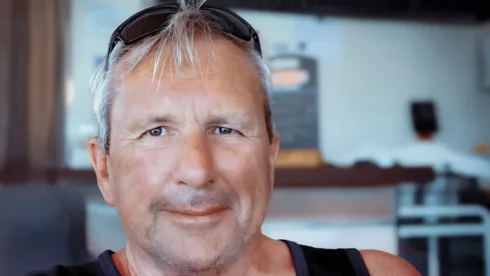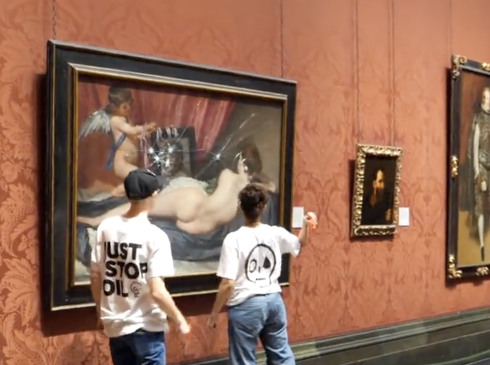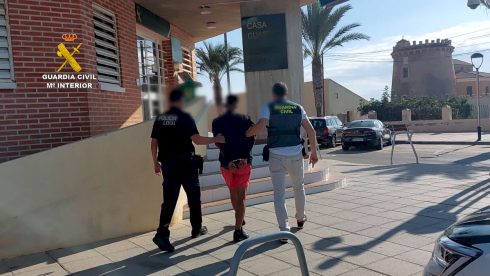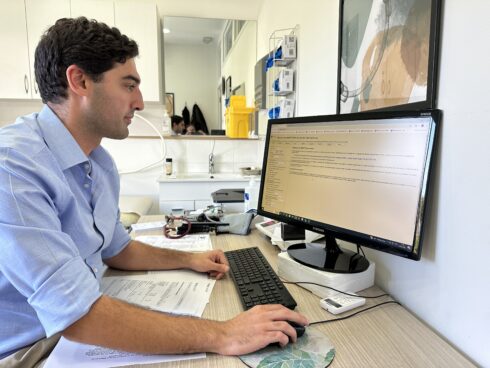HUNDREDS of British and Irish tourists returning from recent holidays in Spain are suffering from cryptosporidium- a parasite of the digestive system- which Spanish experts say was probably picked up in swimming pools.
Crypto may be found in soil, food, water, or surfaces that have been contaminated with the feces of infected humans or animals.
The most common way that it is transmitted include swallowing contaminated water while swimming or drinking.
It usually causes mild gastrointestinal symptoms – although they can be serious in babies due to dehydration and pose a vital risk for immunosuppressed people.
Cases have leapt up across Europe this year without finding a single cause to explain the rise.
Spain has recorded 2,940 confirmed cases so far this year- up on the 805 recorded in 2022- with 121 people having to be hospitalised according to the National Epidemiology Centre.
It’s a similar trend to that noted in the United Kingdom and Ireland, with the parasite detected in recent weeks in more than 600 British and Irish tourists after spending time in Spain.
Irish health authorities have pointed to tourist spots like Salou in Catalunya, as a focus of contagion in which it is advisable ‘not to consume drinks with ice’ and ‘check if the tap water is treated’, among various measures.
“Smell it to detect the smell of chlorine bleach,” is what a statement advises from Ireland’s health service.
Two unnamed Spanish regional health officials that are experts in epidemiological investigations, told the El Pais newspaper that the problem lies elsewhere.
“The focus of this type of contagion is often hotel swimming pools, where dozens or hundreds of people of the same nationality coincide, some of whom arrive infected and where not all hygiene measures are always respected, which favours outbreaks among tourists themselves,” they said.
The sources stated that cryptosporidiosis (the disease caused by the parasite) is a global issue and the way in which the problem has been presented doesn’t tell the true story and and does not focus on measures that ‘really help avoid contagion’.
An example, often cited among specialists, is the recommendation of the Irish authorities, in case of diarrhoea, ‘not to enter a swimming pool for two days until after symptoms have disappeared’.
The medical reality in such cases is that bathing should be avoided for 14 days.
Crypto outbreak expert Jacob-Lorenzo Morales said: “Swimming pools and water parks are a recurring source of outbreaks, but the fact that they happen has more to do with the hygiene of some users than with the cleanliness of these spaces, which are subject to strict maintenance regulated by regulations.”
“If someone doesn’t clean themselves properly after going to the bathroom or uses a swimming pool after having diarrhoea without respecting the recommended 14 days, they will release thousands of oocysts into the water.”
Oocysts are created by parasites within fecal material and are often resistant to chlorine in swimming pools.
Only a dozen of them are enough to make a person ill, which explains the increase number of crypto outbreaks
“If one or two people do it, there will be no problems with chlorine and dispersion, but if there are several, or an infected baby is in the water with a dirty nappy, the pool will be contaminated,” added Lorenzo-Morales.
Due to the rise in crypto cases reported in Spain and also by the UK and Ireland, the Ministry of Health has set up a working group to improve monitoring.
It confirmed that ‘the majority of cases and outbreaks are associated with swimming pools and recreational waters, mainly in summer’









